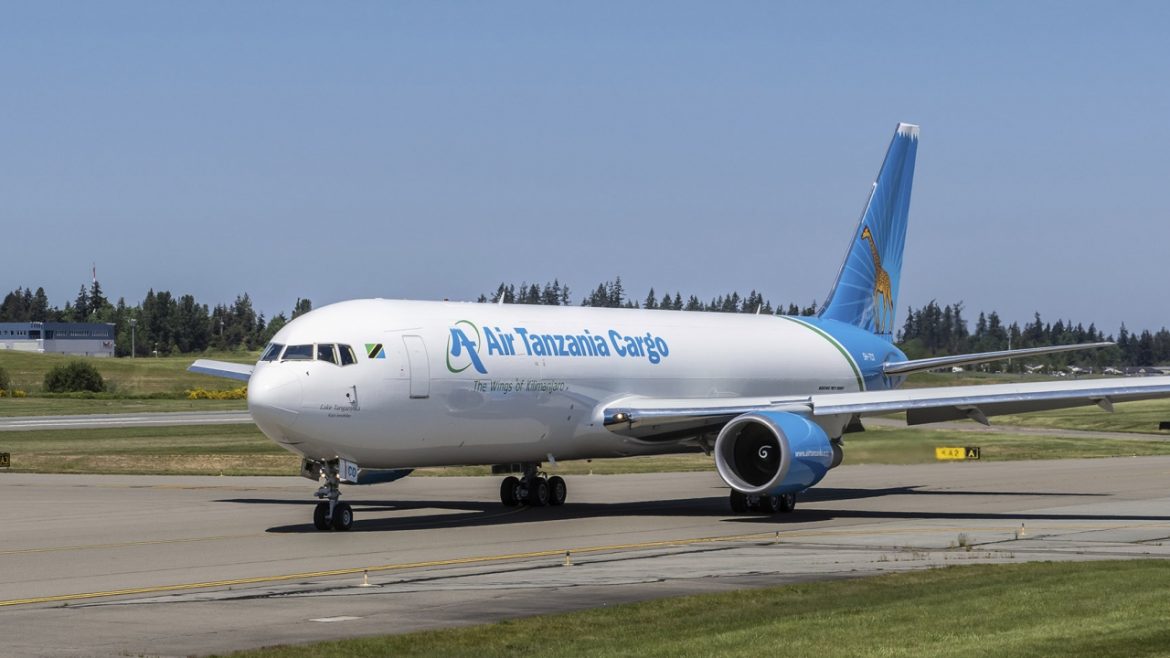Transportation plays a crucial role in our modern society, facilitating the movement of people and goods across vast distances. However, amidst its undeniable benefits, transportation also brings forth a range of negative effects that have far-reaching consequences. In this blog post, we will delve into the various detrimental impacts of transportation, exploring its environmental, social, and economic repercussions. By shedding light on these issues, we aim to raise awareness and encourage sustainable practices in the transportation sector.
- Environmental Degradation:
Transportation, particularly the reliance on fossil fuels, significantly contributes to environmental degradation. The burning of fossil fuels releases greenhouse gases, such as carbon dioxide and nitrogen oxides, leading to air pollution and climate change. Additionally, the construction and maintenance of transportation infrastructure often result in habitat destruction, deforestation, and disruption of ecosystems. - Air Pollution:
The emissions from vehicles, including cars, trucks, and airplanes, contribute to air pollution, posing serious health risks to both humans and the environment. Fine particulate matter (PM2.5) and nitrogen dioxide (NO2) emitted by transportation vehicles can cause respiratory problems, cardiovascular diseases, and even premature death. Moreover, air pollution from transportation negatively impacts air quality, leading to smog, acid rain, and the deterioration of historical monuments. - Traffic Congestion:
As urbanization continues to rise, traffic congestion has become a major issue in many cities worldwide. The increased number of vehicles on the roads leads to longer commute times, wasted fuel, and decreased productivity. Traffic congestion also contributes to increased levels of stress, road rage, and accidents, posing a threat to public safety. - Noise Pollution:
Transportation, especially in densely populated areas, generates significant noise pollution. The constant noise from vehicles, trains, and airplanes can have detrimental effects on human health, including sleep disturbances, hearing loss, and increased stress levels. Additionally, noise pollution disrupts wildlife habitats, affecting their communication, feeding patterns, and reproductive behaviors. - Economic Costs:
While transportation is essential for economic growth and development, it also imposes substantial economic costs. These costs include the construction and maintenance of transportation infrastructure, traffic congestion-related expenses, and the health impacts of air pollution. Moreover, the reliance on non-renewable energy sources for transportation contributes to price volatility and energy insecurity.
Conclusion:
Transportation undoubtedly plays a vital role in our society, but it is crucial to acknowledge and address its negative effects. By adopting sustainable practices, investing in alternative fuels and technologies, and promoting efficient transportation systems, we can mitigate the detrimental impacts of transportation. It is imperative that governments, industries, and individuals work together to create a future where transportation is both efficient and environmentally friendly.
